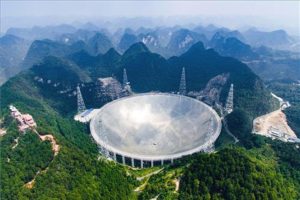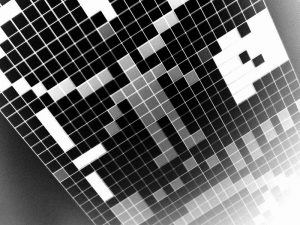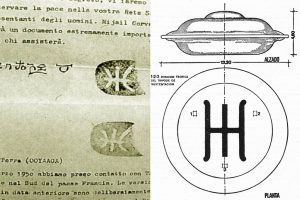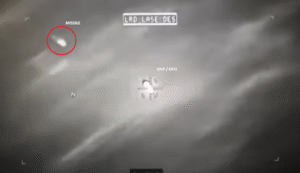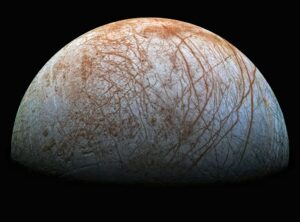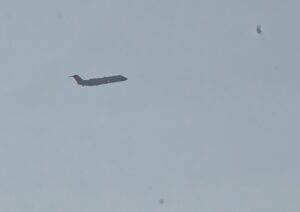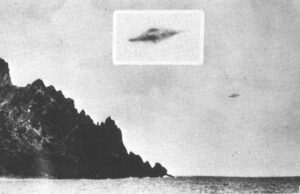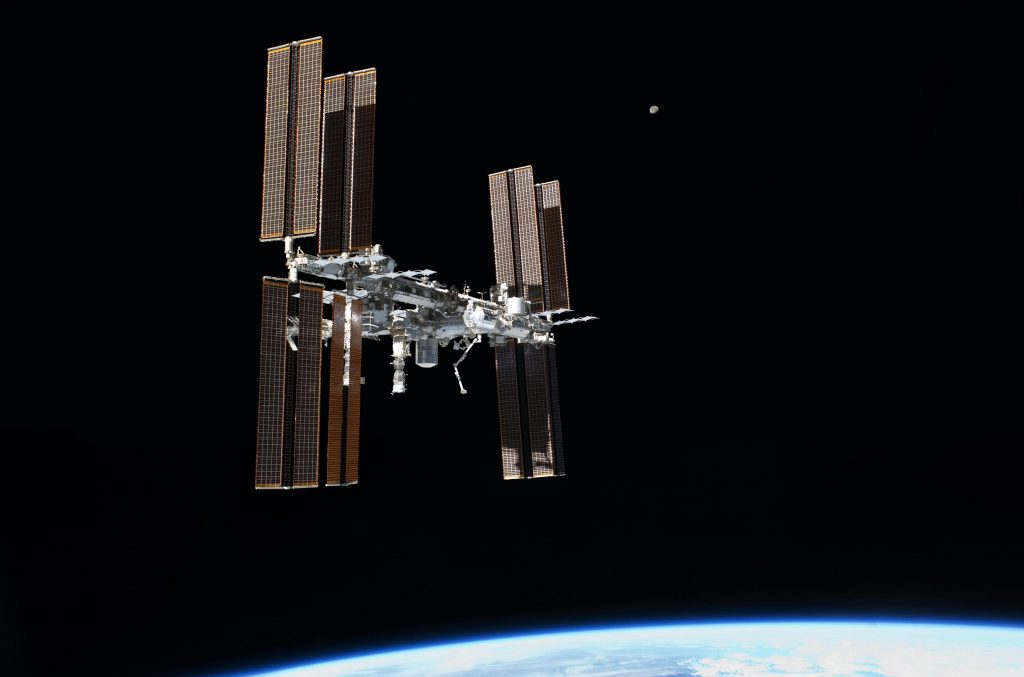
Washington (USA) A research team has discovered previously unknown life on the International Space Station (ISS). Researchers recently discovered new bacterial strains on the ISS unknown on Earth, but whose genes identified them as coming from a familiar terrestrial genus called Methylobacterium.
The scientists from NASA at the Jet Propulsion Laboratory (JPL) found four strains of bacteria, three of which were unknown to them and were found in different places on the International Space Station. The find could be of great use to science in the future as the bacteria could help breed life on Mars and thus help revolutionize space exploration.
According to the report, earth and freshwater are part of the habitat of all four bacterial strains discovered. They usually help protect against plant pests. So what are they doing in the middle of space? The scientists Dr. Kasthuri Venkateswaran and Dr. Nitin Kumar Singh of NASA’s JPL said the bacteria could be useful in growing crops in space.
“In order to grow plants in extreme places where resources are minimal, we have to isolate novel microbes that promote plant growth under stressful conditions.” Apparently, it was the scientists themselves who brought the creatures with them to the ISS. Because they kept growing small amounts of fruit and vegetables.
The microbes had eaten at the same table with them almost all the time. Between 2015 and 2016, the scientists collected samples from various locations on the ISS. In May 2015, they also removed one from the dining table and found the same bacterial strain in all of the locations examined on the space station – Methylobacterium ajmalii. Thanks to its robustness, the bacterium could serve as the basis for agriculture in Mars colonies in the future.
It’s not the first time that researchers found new bacterium in space. They already found a whole other unknown bacterium in 2017 and published a paper about their findings. There is a slight chance that these bugs are in a sense aliens, as they evolved on the space station. However odds are the tiny guests came with cargo from earth, or on astronauts. “There are chances of evolution in space, no doubt, but the space station is so young. It’s only 20 years old. Bacteria might not have evolved in that span of time,” says Kasthuri Venkateswaran.
All four newly found strains have undergone genetic analysis in an attempt to find genes that will promote plant growth in space. Another 1,000 samples taken from the ISS are also waiting for a return to Earth for further analysis.
